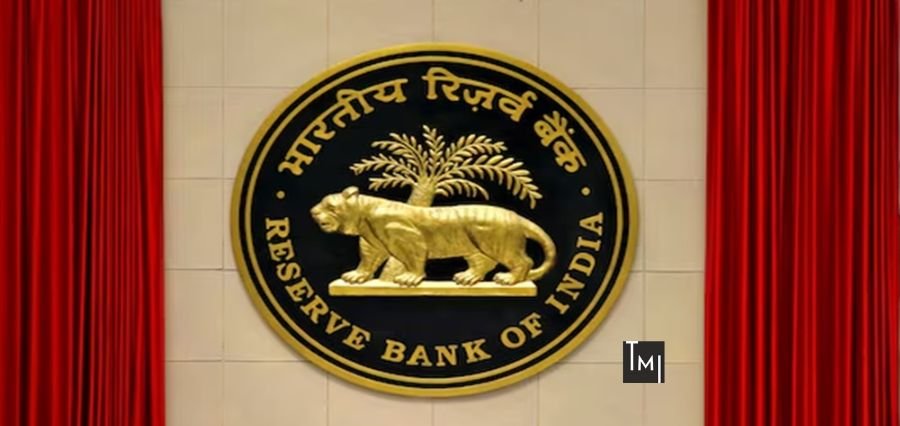Prime Highlights
- RBI is excluding prepayment penalty on floating-rate advances to individuals and Micro and Small Enterprises (MSEs) with effect from January 1, 2026.
- The action enhances fair lending and transparency in all regulated institutions, enhancing credit elasticity with small borrowers.
Key Facts
- Applicable to loans sanctioned or renewed from January 1, 2026, onwards.
- Also to overdraft and cash-credit facilities where the borrowers intimate non-renewal and account is closed on time.
Key Background
Reserve Bank of India (RBI) has released an important regulatory modification forbidding prepayment charges on floating-rate loans advanced to individuals and Micro and Small Enterprises (MSEs). The new regulation will come into force with effect from all such loans in advance that have been sanctioned or have been granted with effect from January 1, 2026.
Historically, such floating-rate loans taken by individuals for consumption alone were not subject to foreclosure charges or prepayment charges. Nevertheless, the RBI said the majority of lenders still charged prepayment charges on MSE loans and business loans taken from individuals, with complainants referring to discrimination in lending. The presence of a loophole like this compelled the central bank to introduce uniform guidelines to the lending exercise.
According to the recent released “RBI (Prepayment Charges on Loans) Directions, 2025,” banks, outstanding-ranked NBFCs, tier 4 urban co-operative banks, and finance companies are not allowed to levy any prepayment charge on floating-rate loans availed by MSEs or retail borrowers—either alone or with co-borrower.
Except for this, the new clause is also effective in the case of cash-credit and overdraft facilities. Where during the period of maturity of the facility the borrower notifies the lender that they wish to prepaid the facility and pay off outstanding commitments, no prepayment charge should be charged. The lenders should also make the prepayment policy followed in loan sanction letters as also in contracts clear so that there is no whiff of mystery in this.
This policy shift is aimed at ensuring equitable treatment for MSEs and individual borrowers, enhancing their financial flexibility, and promoting competitive loan pricing across the sector. The move aligns with RBI’s broader agenda of supporting small businesses and encouraging borrower-friendly credit practices in India’s dynamic lending environment.







